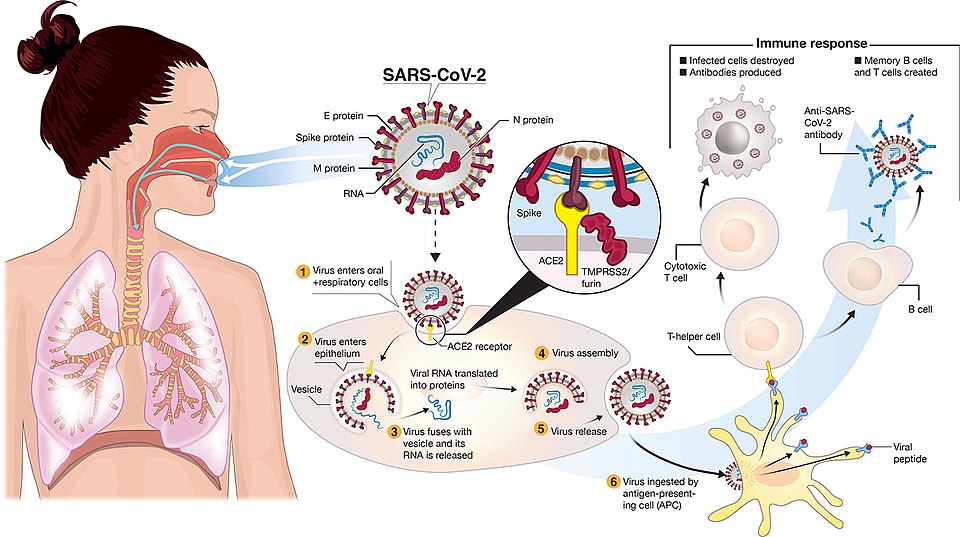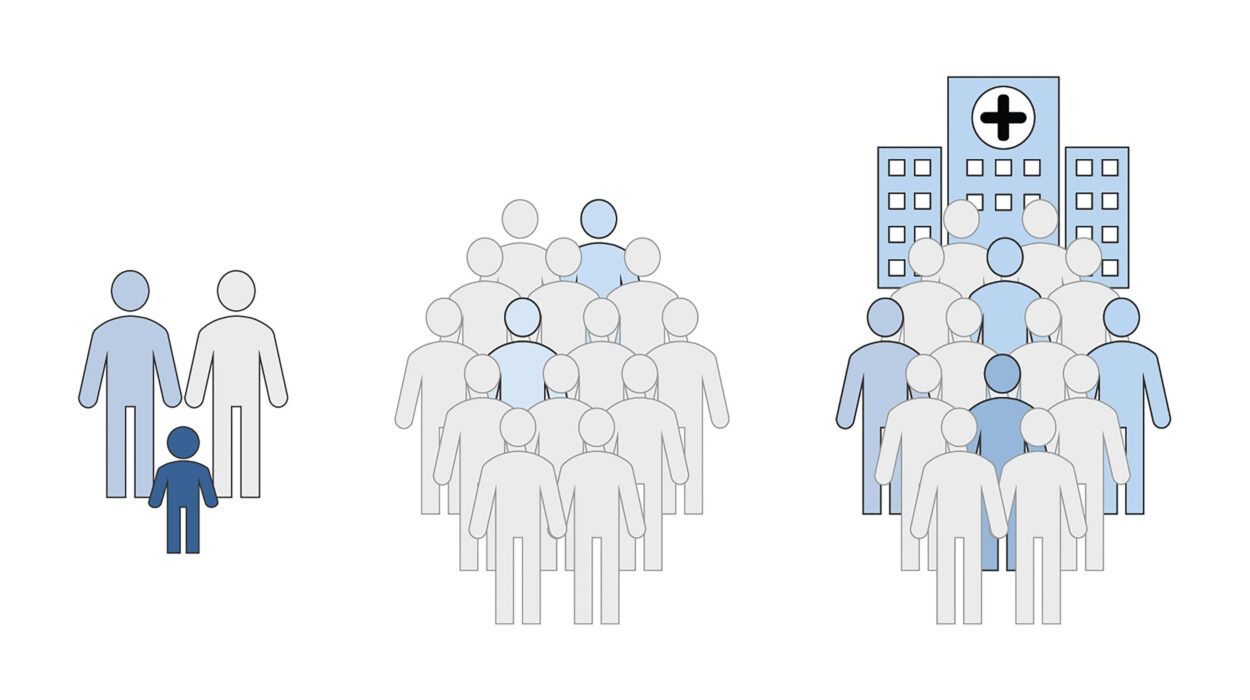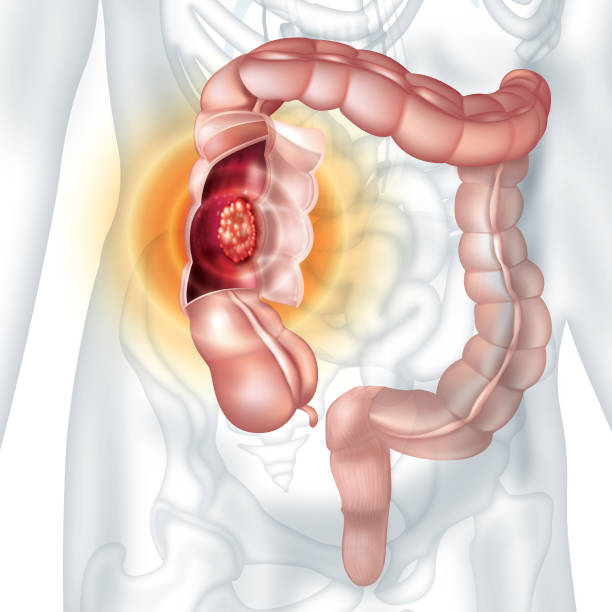The promise is seductive: lose 10 pounds in a week, drop two sizes by the weekend, sculpt a beach body in 7 days. Crash diets dangle results like candy before a child—quick, easy, dramatic. And who wouldn’t want that? In a world obsessed with fast fixes and immediate gratification, crash diets play into our deepest desires for transformation without the tedious wait.
But here’s the hard truth, backed by science and lived experience: crash diets don’t work. Or more accurately, they don’t work in the long term. They may shave a few pounds off the scale in the beginning, but they often leave you heavier, weaker, and more frustrated in the end. Like a mirage in the desert, they promise salvation but deliver sand.
Why? Because our bodies, minds, and metabolisms weren’t designed for starvation, deprivation, or punishment. They were designed for survival, nourishment, and balance. And when we violate those principles with extreme diets, the backlash is inevitable.
So let’s unpack the myth of crash dieting—why it fails, how it harms, and what sustainable, sane alternatives actually lead to lasting health and weight balance.
What Exactly Is a Crash Diet?
Crash diets are extreme, short-term eating plans that drastically cut calories, eliminate entire food groups, or rely on unbalanced nutrition. Think juice cleanses, cabbage soup diets, the grapefruit plan, or any regimen that asks you to consume fewer than 1,000 calories a day. Some go further—restricting carbs, banning fats, or relying solely on shakes and supplements.
The hallmark of a crash diet is its aggressive, unrealistic promise: rapid weight loss in an absurdly short time. These diets often glorify suffering as a virtue—encouraging hunger, exhaustion, and discipline at all costs.
They may result in initial weight loss, mostly from water and muscle, but they rarely result in long-term fat reduction or improved health. Instead, they typically set off a vicious cycle of yo-yo dieting, emotional distress, and metabolic confusion.
The Physiology of Deprivation: Why the Body Fights Back
Your body is a brilliantly evolved system designed to survive famine. It doesn’t know the difference between a war, a drought, or your latest juice cleanse. When you suddenly deprive it of calories, it doesn’t cheer. It panics.
In response, your body activates several defense mechanisms:
1. Metabolic slowdown: Your basal metabolic rate (BMR)—the number of calories your body burns at rest—plummets. This means you burn fewer calories just sitting still. Your body conserves energy, trying to stretch every bit of food as far as it can.
2. Muscle loss: Since muscle tissue burns more calories than fat, your body begins to break it down for energy, making your metabolism even slower. You lose strength and endurance, not just pounds.
3. Hormonal disruption: Crash diets alter hunger hormones like ghrelin (which increases hunger) and leptin (which signals fullness). The result? Intense cravings, uncontrollable hunger, and binge tendencies once the diet ends.
4. Nutritional deficiencies: By restricting major food groups or essential nutrients, crash diets can leave you deficient in vitamins, minerals, and electrolytes. This leads to fatigue, dizziness, hair loss, skin problems, and poor immune function.
In short, your body doesn’t cooperate with extreme dieting. It rebels. And it always wins.
The Psychological Toll: Dieting’s Mental Minefield
Crash dieting isn’t just a physical stress—it’s a mental one. These diets are often accompanied by strict rules, constant monitoring, guilt over “cheating,” and a toxic relationship with food.
Food becomes a battleground, not nourishment. You’re not eating for joy or vitality; you’re eating for control, punishment, or escape. This mindset fosters:
- Disordered eating patterns: Skipping meals, bingeing after restriction, or engaging in purging behaviors.
- Obsessive thinking: Constantly calculating calories, weighing yourself, or comparing your body to others.
- Low self-esteem: Every failure to stick to the diet feels like a personal weakness, feeding shame and self-loathing.
- All-or-nothing mentality: You’re either “on” the diet (and miserable) or “off” the diet (and ashamed). There’s no middle ground.
These psychological effects are often more damaging and lasting than the physical ones. They train your brain to fear food and mistrust your body.
The Rebound Effect: Gaining It All Back—and Then Some
Studies show that most people who lose weight rapidly on crash diets regain it within six months to a year. In many cases, they gain back more than they lost. This is known as rebound weight gain, and it’s heartbreakingly common.
Why does this happen?
- Slowed metabolism: Your body burns fewer calories than it did before.
- Loss of muscle: Less muscle means less calorie-burning power.
- Heightened cravings: Deprivation often leads to overindulgence once the restriction ends.
- Psychological burnout: Diet fatigue leads to giving up entirely.
Even worse, this yo-yo effect can increase the risk of chronic diseases like heart disease, type 2 diabetes, and high blood pressure. Fluctuating weight stresses your organs, confuses your hormones, and erodes your emotional resilience.
In other words, crash dieting doesn’t just fail—it backfires.
What Actually Works: The Power of Sustainable Change
If crash diets are the wrong path, what’s the right one? The answer is deceptively simple: consistency over intensity. Sustainable change—though slower—is deeper, more enjoyable, and infinitely more effective.
Start with Real Food
Skip the shakes, powders, and pills. Build your meals around whole foods—vegetables, fruits, legumes, whole grains, lean proteins, nuts, seeds, and healthy fats. Real food provides real nutrients, balanced energy, and satiety.
Eat in color. The more vibrant your plate, the more antioxidants, fiber, and phytochemicals you’re getting. Aim for variety, not rigidity.
Focus on Habits, Not Hacks
Weight management and mental well-being aren’t about extreme discipline—they’re about daily habits. Some of the most impactful ones include:
- Eating slowly and mindfully
- Drinking enough water
- Getting adequate sleep
- Moving your body daily
- Cooking at home more often
- Reducing processed sugar intake
These habits may sound basic, but their cumulative power is massive. And unlike crash diets, they’re sustainable for life.
Embrace Portion Awareness, Not Obsession
You don’t need to count every calorie to maintain a healthy weight. Instead, learn to listen to your body’s cues. Eat when you’re hungry. Stop when you’re satisfied. Use smaller plates. Avoid eating in front of screens.
Honor your fullness as much as your hunger. Respecting these signals creates a peaceful relationship with food.
Find Joy in Movement
Exercise should never be punishment for eating. It should be celebration—of what your body can do, how it can grow, how it can heal.
Whether it’s dancing, walking, cycling, swimming, or playing with your kids—movement improves your mood, metabolism, and motivation. It helps you lose fat, keep muscle, and stay mentally resilient.
And it doesn’t need to be intense. Consistency trumps intensity every time.
Manage Stress with More Than Food
Many people use crash diets not just to lose weight, but to feel in control when life feels overwhelming. Food becomes a coping mechanism—or the enemy. Breaking this pattern means developing better tools for stress management.
Try:
- Deep breathing
- Journaling
- Therapy
- Nature walks
- Creative outlets
- Meditation
By nurturing your emotional world, you’ll stop leaning on food to fix feelings it was never meant to solve.
Celebrate Non-Scale Victories
Health isn’t just a number. Look for signs that you’re thriving:
- Better sleep
- Increased energy
- Improved digestion
- Clearer skin
- Better mood
- More confidence
- Stronger workouts
These are the true markers of progress. The scale is fickle. Your lived experience isn’t.
The Role of Patience and Self-Compassion
One of the biggest reasons crash diets appeal to us is impatience. We want results now. But impatience is the enemy of transformation. Health is a garden, not a vending machine. You plant seeds. You water them. You wait. You trust.
Self-compassion is the water that helps those seeds grow. When you slip up—and you will—you don’t quit. You forgive. You learn. You continue.
Real change doesn’t feel like revolution. It feels like evolution—slow, subtle, inevitable. And it lasts.
When to Seek Help
If you’ve struggled with yo-yo dieting, emotional eating, or body image issues, know that you’re not alone—and you’re not weak. These are deeply human struggles in a culture that profits from your insecurity.
Consider seeking help from:
- A registered dietitian
- A licensed therapist (especially with CBT or eating disorder experience)
- A support group (in-person or online)
- A holistic health coach
Healing your relationship with food is one of the most profound acts of self-love you can offer. You don’t have to do it alone.
Final Thoughts: Choose Health Over Hype
Crash diets are seductive lies dressed up in hope. They sell the illusion of transformation without the substance. But you deserve better than quick fixes. You deserve real, lasting, vibrant health.
That health is already within you. It’s waiting to be nourished with patience, kindness, and consistency. Not with starvation. Not with punishment. But with care.
So the next time you see a diet promising you the world in three days, smile knowingly. You already know the truth. Real change doesn’t come in a bottle or a banner ad. It comes in small daily choices, rooted in love—not fear.
And it works.






